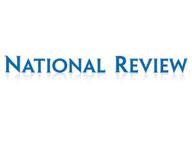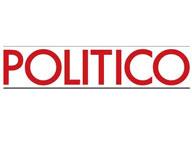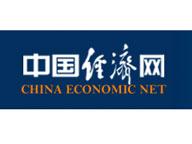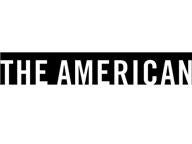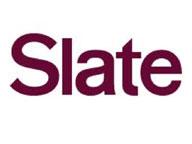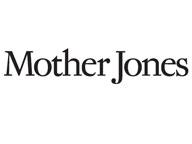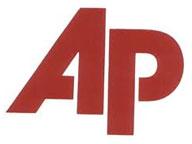Faculty News
—
Prof. David Poltrack on the outlook for broadcast advertising
—

Excerpt from Media Life Magazine -- "At yesterday's UBS media conference in New York Poltrack presented his forecast, which predicted that broadcast ad revenue will rise 7.3 percent in 2012." Additional coverage appeared in MediaPost.com, MediaPost, and MultiChannel.com.
Faculty News
—

Excerpt from Media Life Magazine -- "At yesterday's UBS media conference in New York Poltrack presented his forecast, which predicted that broadcast ad revenue will rise 7.3 percent in 2012." Additional coverage appeared in MediaPost.com, MediaPost, and MultiChannel.com.


